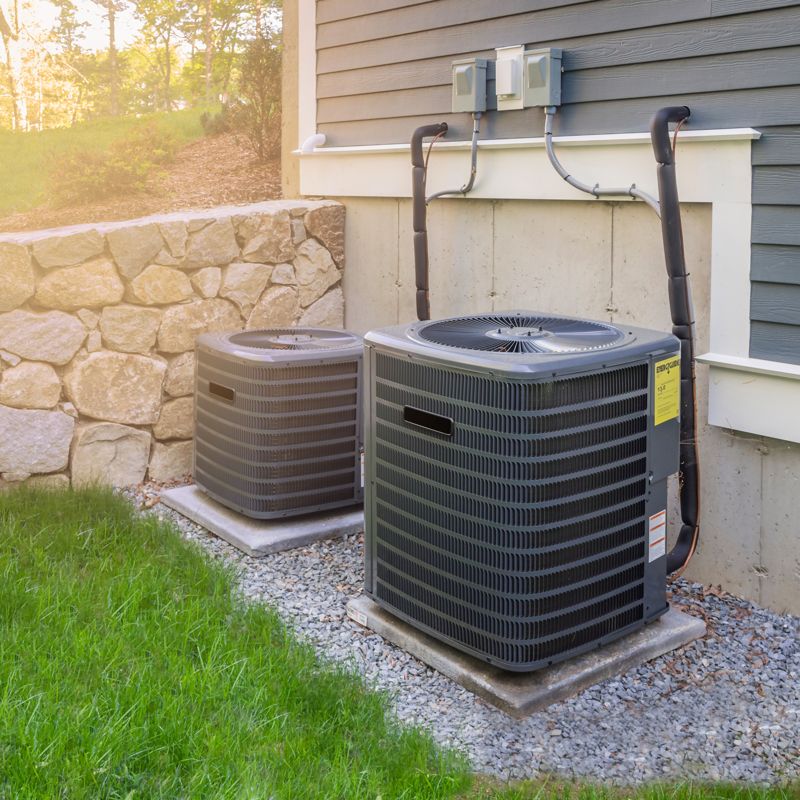
Heating Replacement | Heating Install
Heating Replacement in Orlando, Treasure Cast and Fort Pierce
In Orlando, Treasure Coast, and Fort Pierce, Heating Replacement needs vary due to climate differences. ProMag expertly handles these varying requirements. Our team installs new, efficient heaters to enhance home comfort. Residents trust us for quick, reliable heating solutions. Call us for your heating needs today.
Customized Heating Systems for Every Home
Your home deserves the perfect heating solution. We tailor our installations to fit your needs. ProMag ensures your system is efficient and reliable. Enjoy customized comfort with our expert service.
Why Customers Chooses ProMag for Heating Replacement & Installation
Customers choose ProMag for heating replacement and installation because of our dependable service and expert knowledge. Our experienced technicians provide swift and efficient installations, ensuring that every system is perfectly tailored to meet the unique needs of each home in Orlando, Treasure Coast, and Fort Pierce.
We prioritize customer satisfaction, offering transparent pricing and 24/7 availability to address any concerns. Our commitment to quality and dedication to providing the best possible service have made us a trusted name in the community for over 36 years. This reputation is why so many residents rely on us for their heating needs.
Why Choose ProMag?
Serving Orlando, FL Since 1988
-
Customized Maintenance PlansKeep your system running strong year-round with our affordable maintenance plans designed to prevent breakdowns and extend equipment life.
-
Flexible Financing AvailableWe make comfort affordable with flexible financing options. Get the HVAC system you need today without breaking the bank.
-
24/7 Emergency HVAC ServiceDay or night, weekends or holidays - we’re here for you with fast, reliable emergency HVAC service whenever you need it most.
-
Trusted Local Experts Since 1988Proudly serving Florida homes since 1988 with honest service, expert care, and long-lasting solutions our community counts on.

Eco-Friendly Heating for Orlando Residents
Energy efficiency is our priority. ProMag installs modern, eco-friendly heating systems. Save money and the environment with our solutions. We help you choose the best system for a greener home.
Full-Service HVAC Solutions Beyond Installation
ProMag is more than heating installation. We’re your complete HVAC partner in Orlando. From repairs to maintenance, we cover all your needs. Trust us for year-round comfort and expert support.
The ProMag Commitment: Quality and Integrity
We commit to excellence in every project. Quality service and professional integrity are our hallmarks. Choose ProMag for dependable, efficient heating installation. Let us enhance your home comfort.


-
"Excellent and quick service! "
- Lauren S.
Benefits of Service
There are many benefits of heating installation. One of the most important is that a well-functioning heating system will keep your home comfortable and warm during the cold winter months. In addition, a properly installed heating system can also help to improve energy efficiency and reduce energy costs. By installing a new heating system, you may also be able to extend the life of your current system. If you are considering installing a new heating system in your home, be sure to consult with a qualified HVAC technician. They can help you select the best system for your needs and ensure that it is properly installed.
- Our heating repair services are reliable and affordable.
- We’ll work quickly to get your heat back on.
- You can trust us to provide honest, reliable service every time
- We offer a 100% satisfaction guarantee on all of our heating services
Schedule Your Heating Installation with ProMag Today
Ready for a new heating system in Orlando? Contact ProMag. We guarantee a hassle-free installation and lasting warmth. Start enjoying a more comfortable, efficient home today.